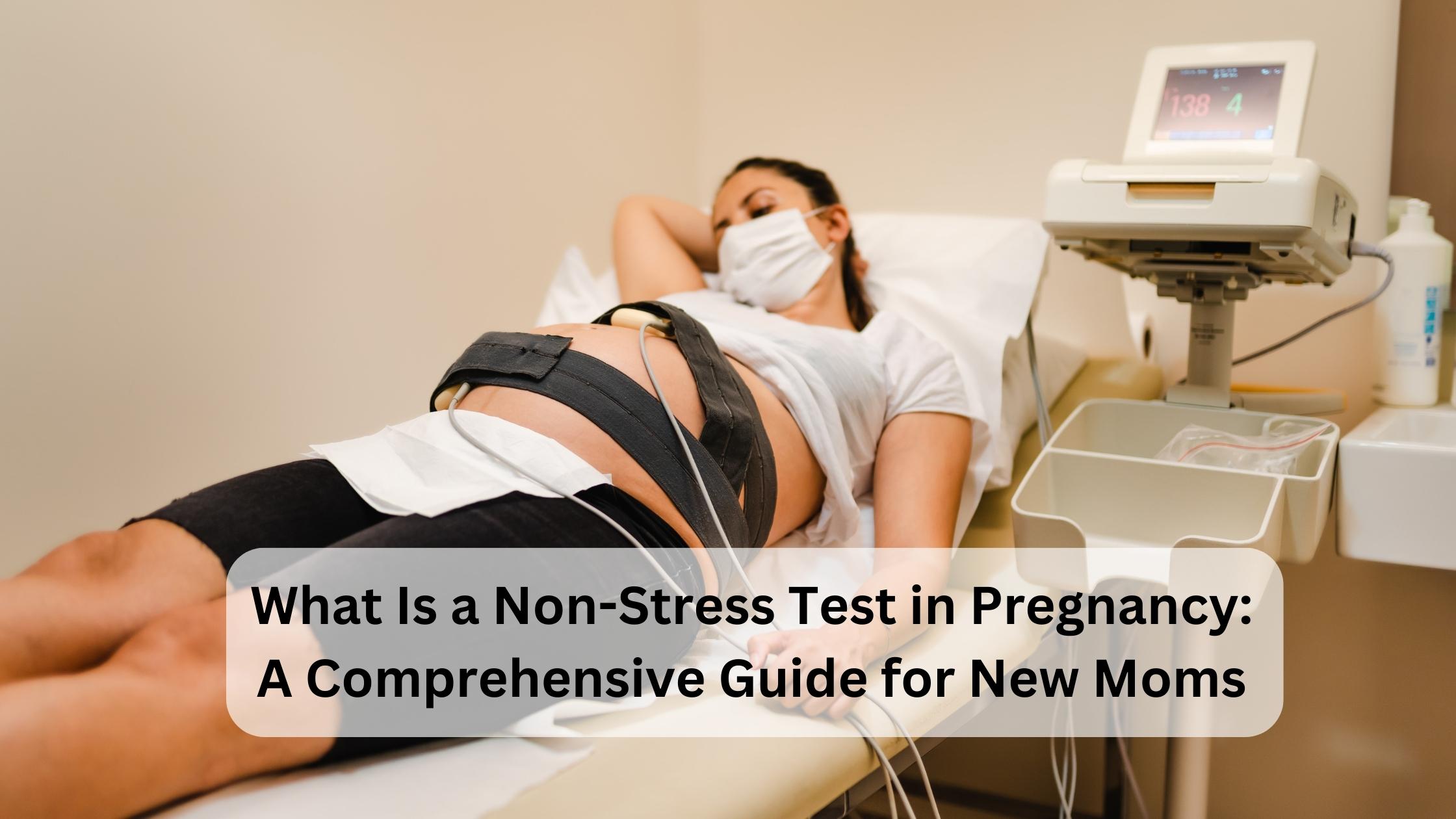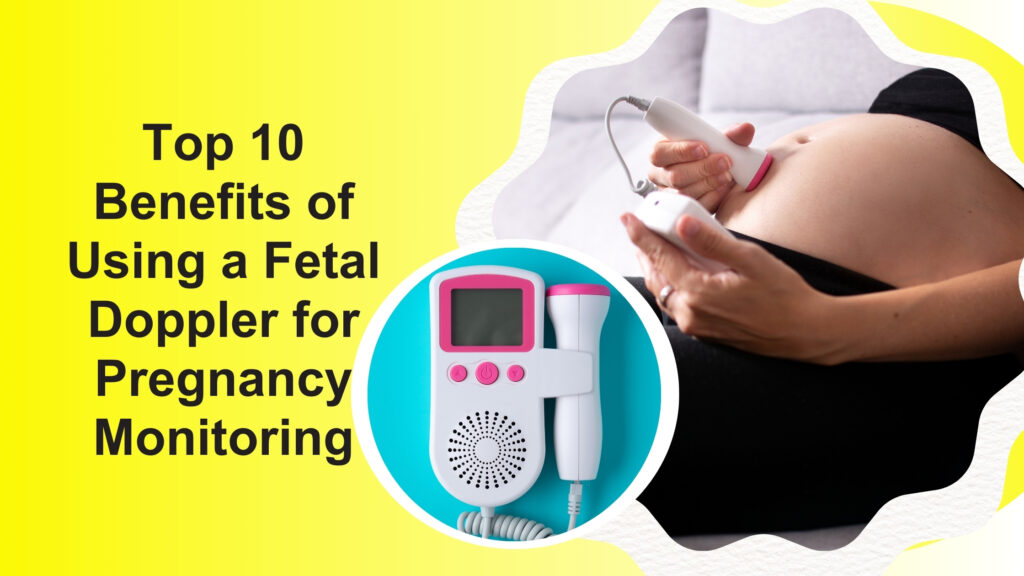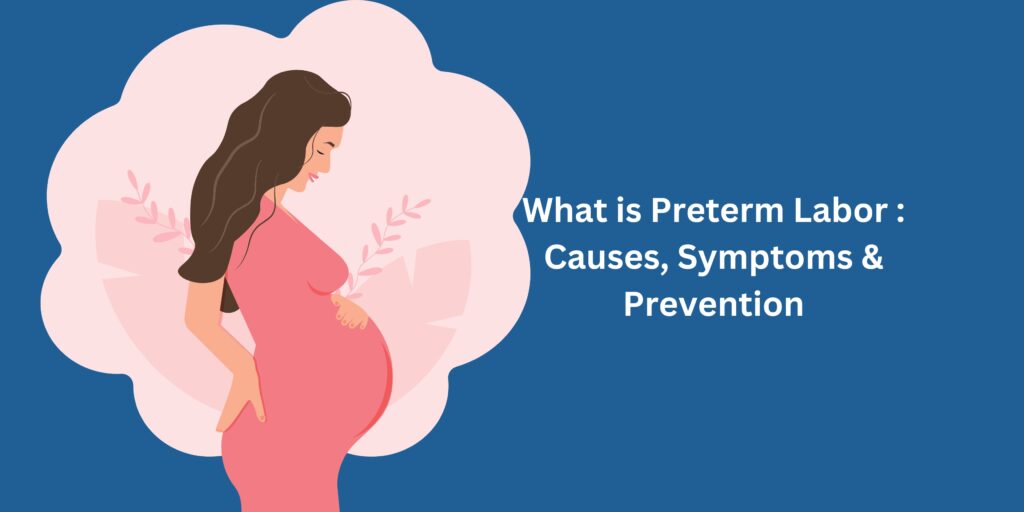Currently Empty: $0.00
What Is a Non-Stress Test in Pregnancy: A Comprehensive Guide for New Moms

Pregnancy is a time of joy and anticipation, but it also comes with a fair share of medical assessments and tests to ensure the well-being of both the mother and the baby. One of these essential tests is the Non-Stress Test (NST), a non-invasive examination that monitors the fetal heart rate and movement. In this comprehensive guide, we will explore all aspects of the NST to provide expectant mothers with a clear understanding of what to expect during this critical phase of their pregnancy journey.
Contents
- What is a Non-Stress Test?
- How is a Non-Stress Test Performed?
- How Does a Non-Stress Test Work?
- What is a Normal Non-Stress Test (NST)?
- How Long Does a Non-Stress Test Take?
- What Are the Risks of a Non-Stress Test?
- How Do I Prepare for an NST?
- Who Needs a Non-Stress Test During Pregnancy?
- Why Do You Need a Non-Stress Test During Pregnancy?
- When Do You Get the Results from a Non-Stress Test?
- To End on a High Note
What is a Non-Stress Test?
A Non-Stress Test, commonly referred to as an NST, is a prenatal screening that assesses the fetal heart rate and its reaction to movement. This examination is named “non-stress” because it does not impose any stress on the mother or the fetus. Instead, it provides valuable insights into the baby’s well-being by measuring heart rate acceleration during movement.
How is a Non-Stress Test Performed?
An NST is a non-invasive test performed after the 28th week of pregnancy. During this examination, the expectant mother is comfortably positioned, and two elastic belts with sensors are attached to her abdomen. One sensor monitors uterine contractions, while the other keeps track of the baby’s heart rate. The data is recorded and analyzed for approximately 30 minutes. In case the baby is not active during this period, a gentle noisemaker or a sugary snack can be used to stimulate movement.
How Does a Non-Stress Test Work?
The NST is based on the principle that as the pregnancy progresses, the fetal heart rate should increase when the baby moves or kicks. This increase in heart rate is indicative of a healthy response to movement. If the heart rate does not react as expected, it could suggest potential issues with oxygen supply to the fetus.
What is a Normal Non-Stress Test (NST)?
A reassuring NST result, known as a “reactive” result, occurs when the baby’s heart rate increases during movement at least twice within a 20-minute testing window. This indicates that the fetal heart rate reacts appropriately to movement, ensuring the baby’s well-being.
How Long Does a Non-Stress Test Take?
A typical NST takes about 30 minutes, although it can last longer if the baby is not particularly active during the test. This duration offers healthcare providers sufficient data to assess the baby’s health without causing any stress to the mother or the baby.
What Are the Risks of a Non-Stress Test?
The Non-Stress Test (NST) is a safe and non-invasive prenatal test with no known risks to either the mother or the fetus. This examination offers valuable insights into the baby’s well-being, specifically by monitoring the fetal heart rate and its reaction to movement. It provides essential information without imposing any physical danger, making it a crucial tool for ensuring a healthy and stress-free pregnancy.
How Do I Prepare for an NST?
There is no specific preparation required for an NST. The expectant mother may be asked to empty her bladder before the test begins to ensure her comfort during the examination.
Who Needs a Non-Stress Test During Pregnancy?
Not all pregnant women require an NST, but there are certain circumstances that warrant this examination. These include situations where the baby is not moving as expected, high-risk pregnancies, past-due pregnancies, and other specific medical conditions or complications that may affect fetal well-being.
Why Do You Need a Non-Stress Test During Pregnancy?
The primary purpose of an NST is to monitor and assess the baby’s well-being, ensuring that they are receiving adequate oxygen and responding appropriately to movement. It is especially important in high-risk pregnancies and situations where there are concerns about fetal health.
When Do You Get the Results from a Non-Stress Test?
NST results are typically available immediately after the test. The healthcare provider will discuss the results with the expectant mother, explaining what they mean and whether any further testing or monitoring is necessary.
To End on a High Note
The Non-Stress Test, often performed with the help of a friendly non-stress test machine, is a valuable tool in ensuring the health and well-being of both the mother and the baby during pregnancy. It offers essential insights into fetal heart rate responses and movement, allowing healthcare providers to make informed decisions regarding the pregnancy. Understanding the NST, its procedure, and its significance is crucial for expectant mothers as they navigate the journey to childbirth. Plus, many find the non-stress test machine quite comfortable, making the process even more reassuring.






